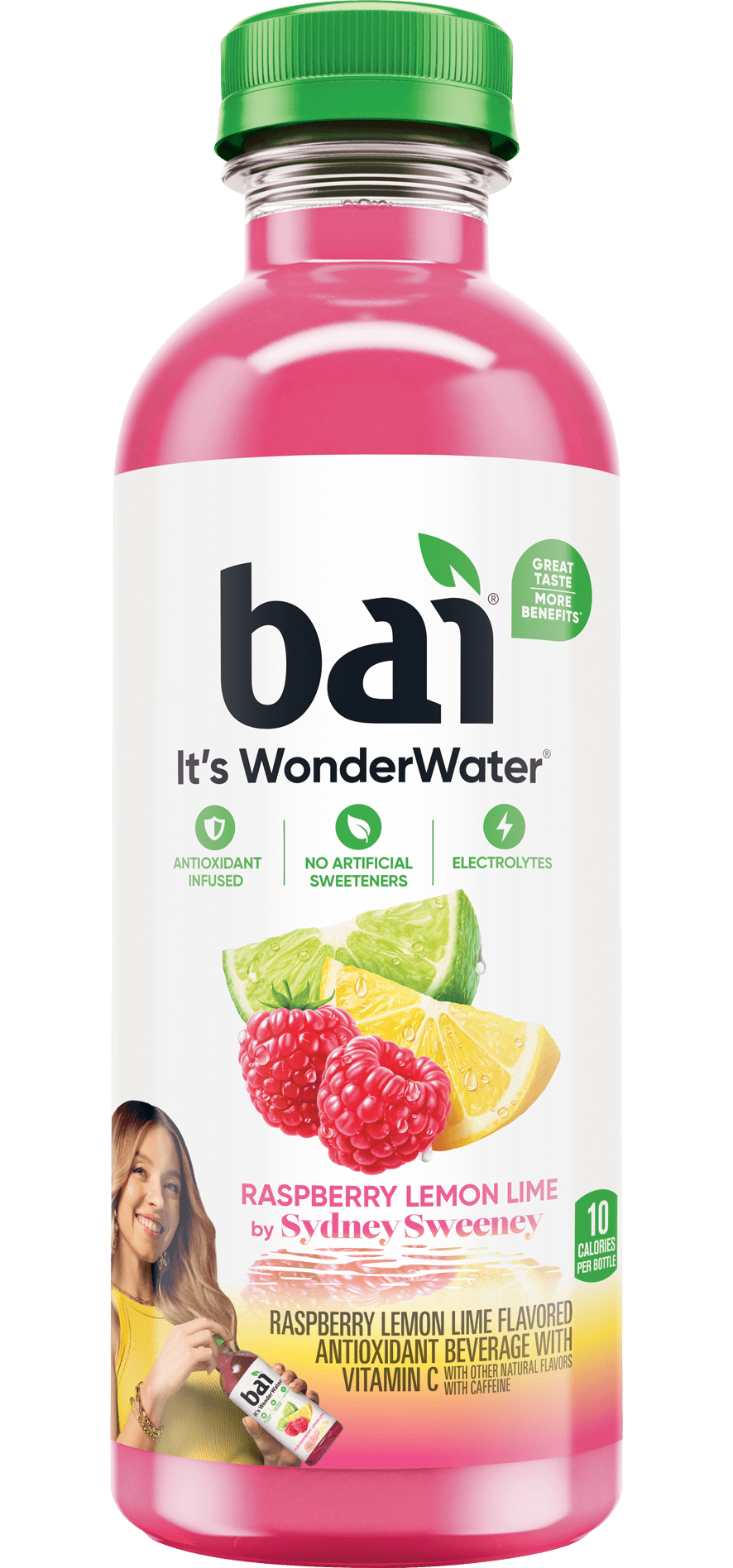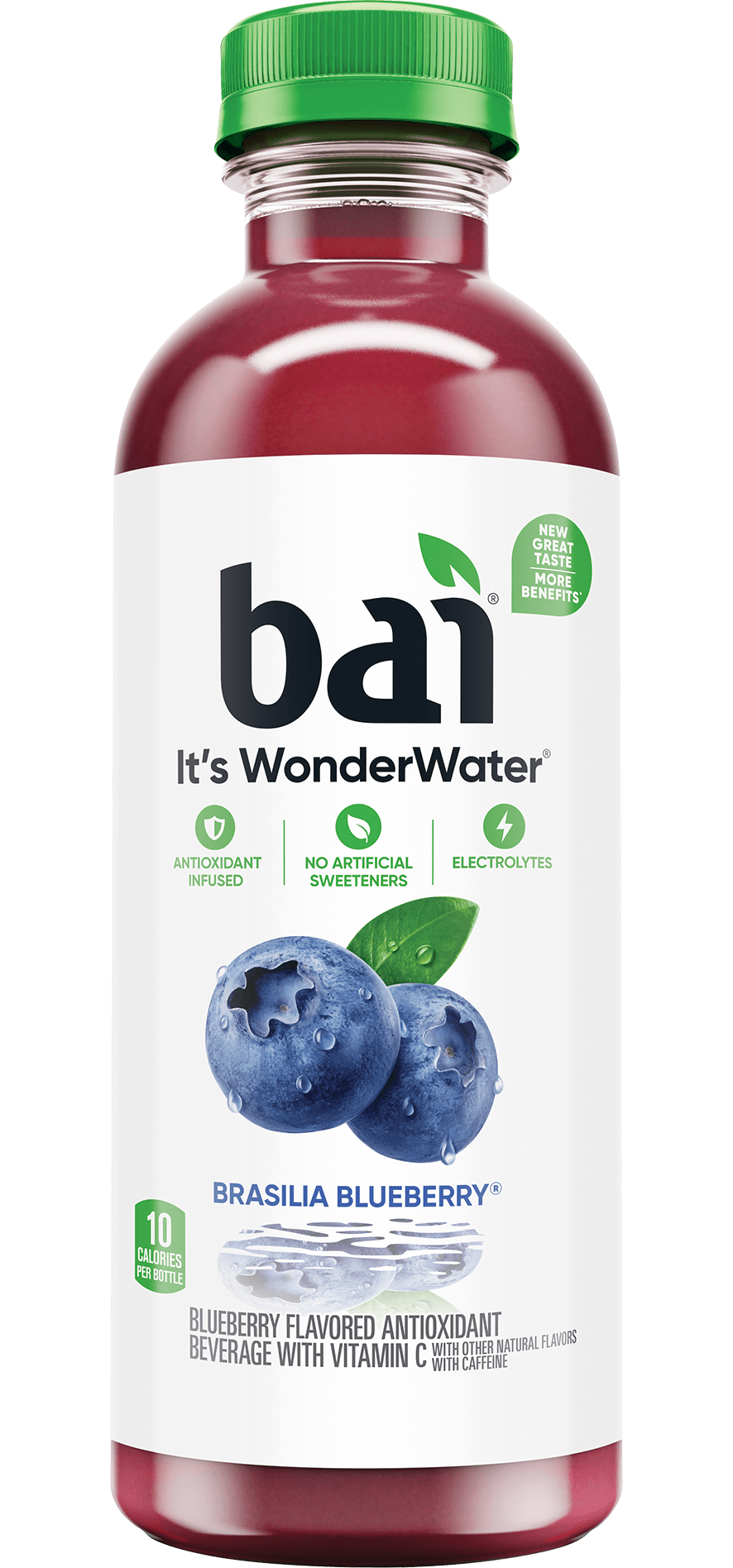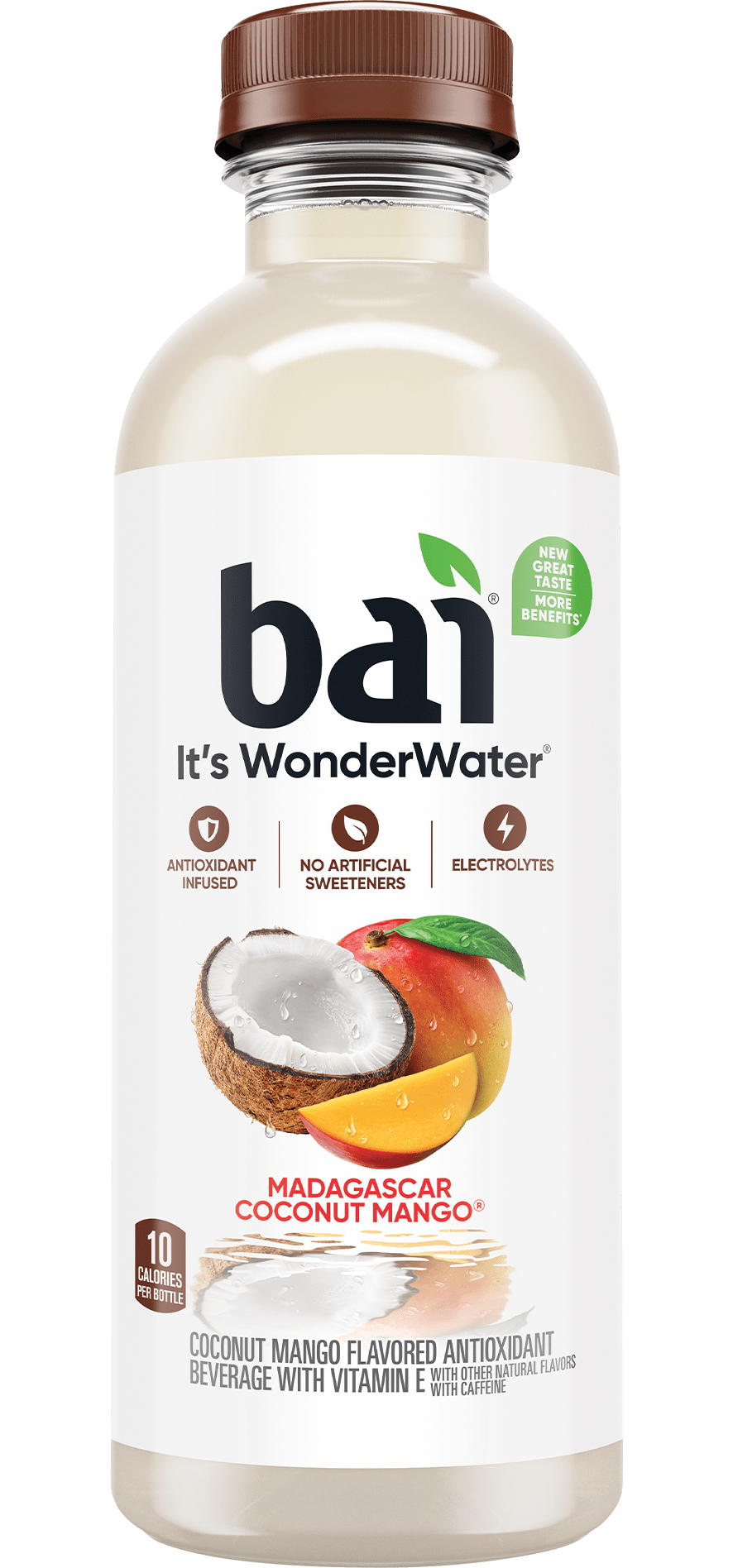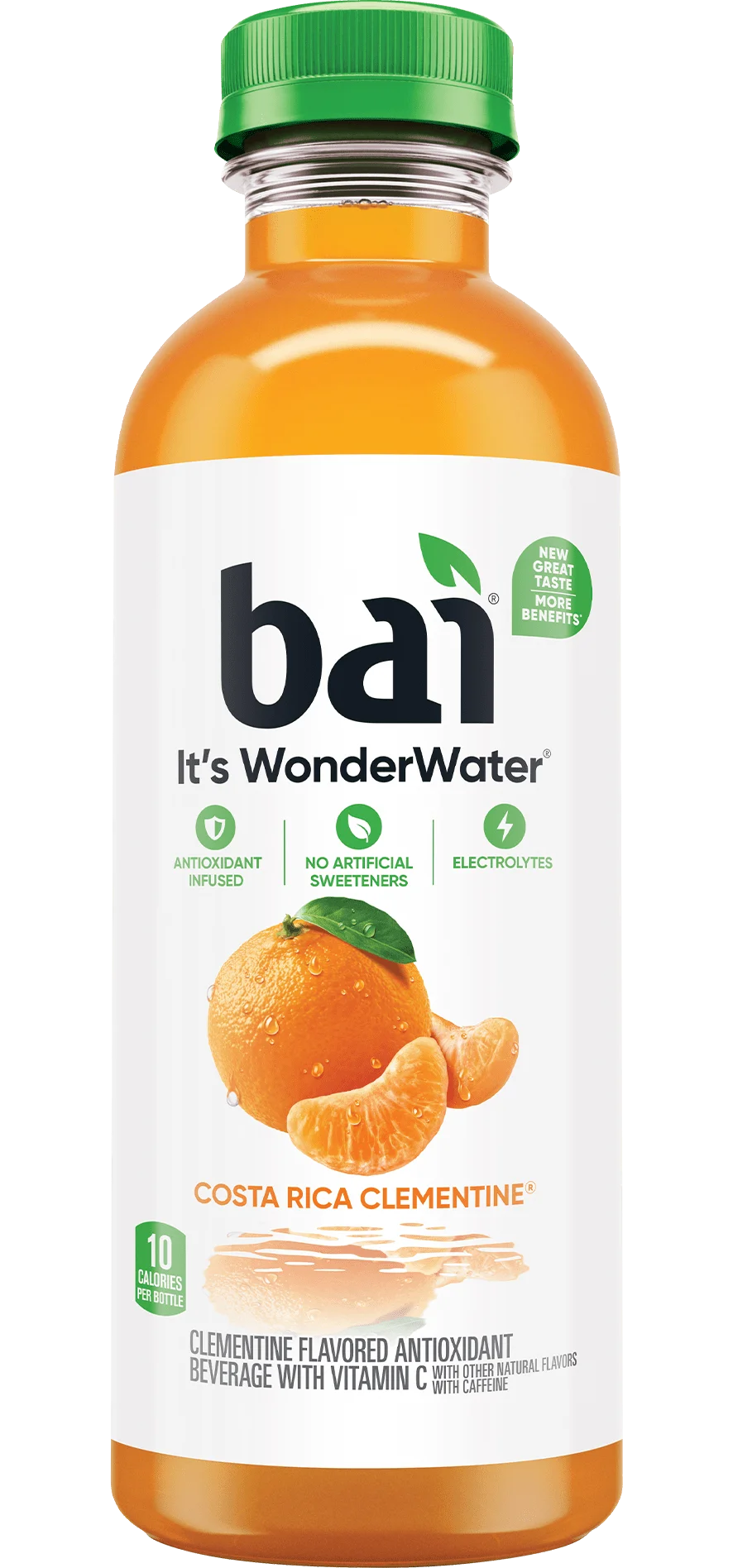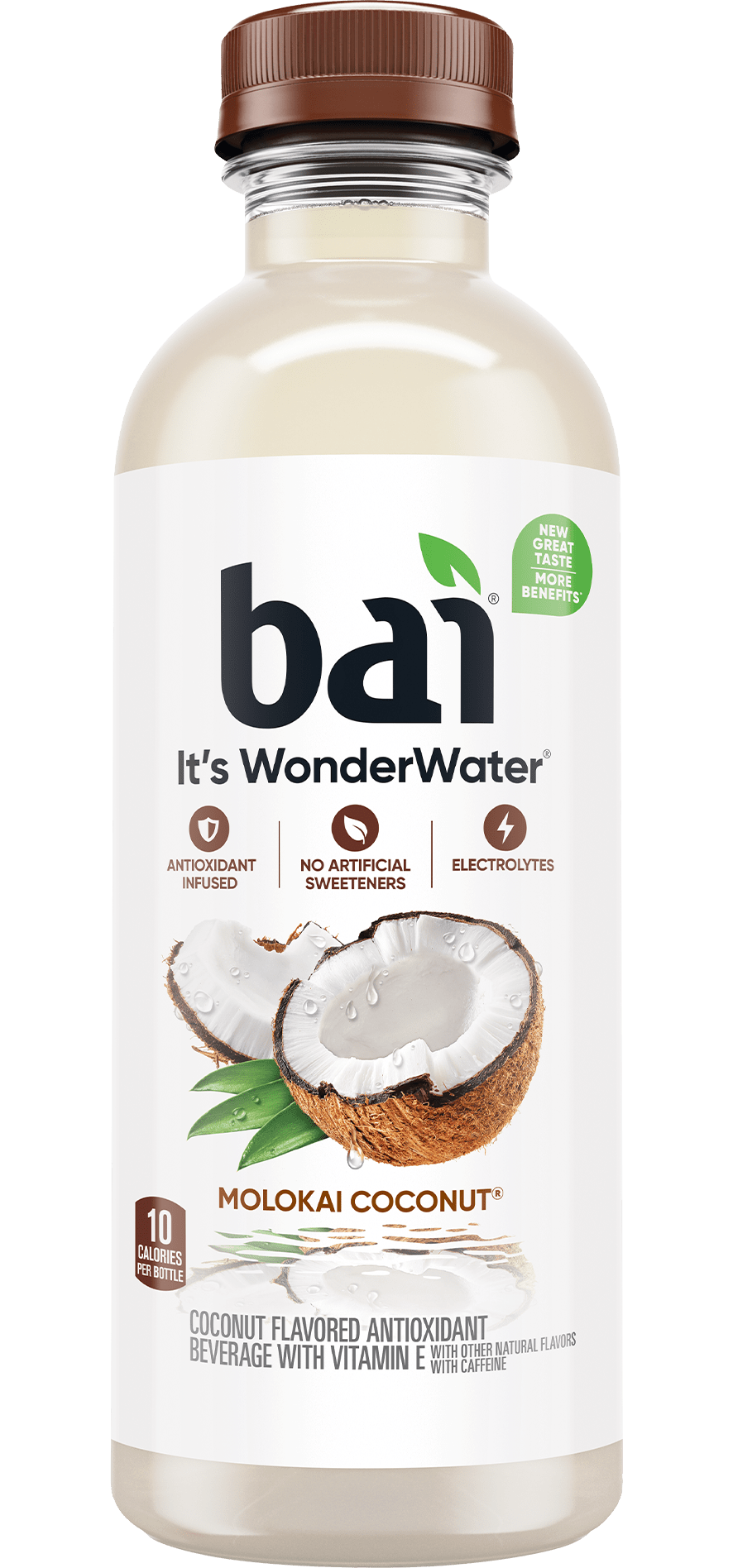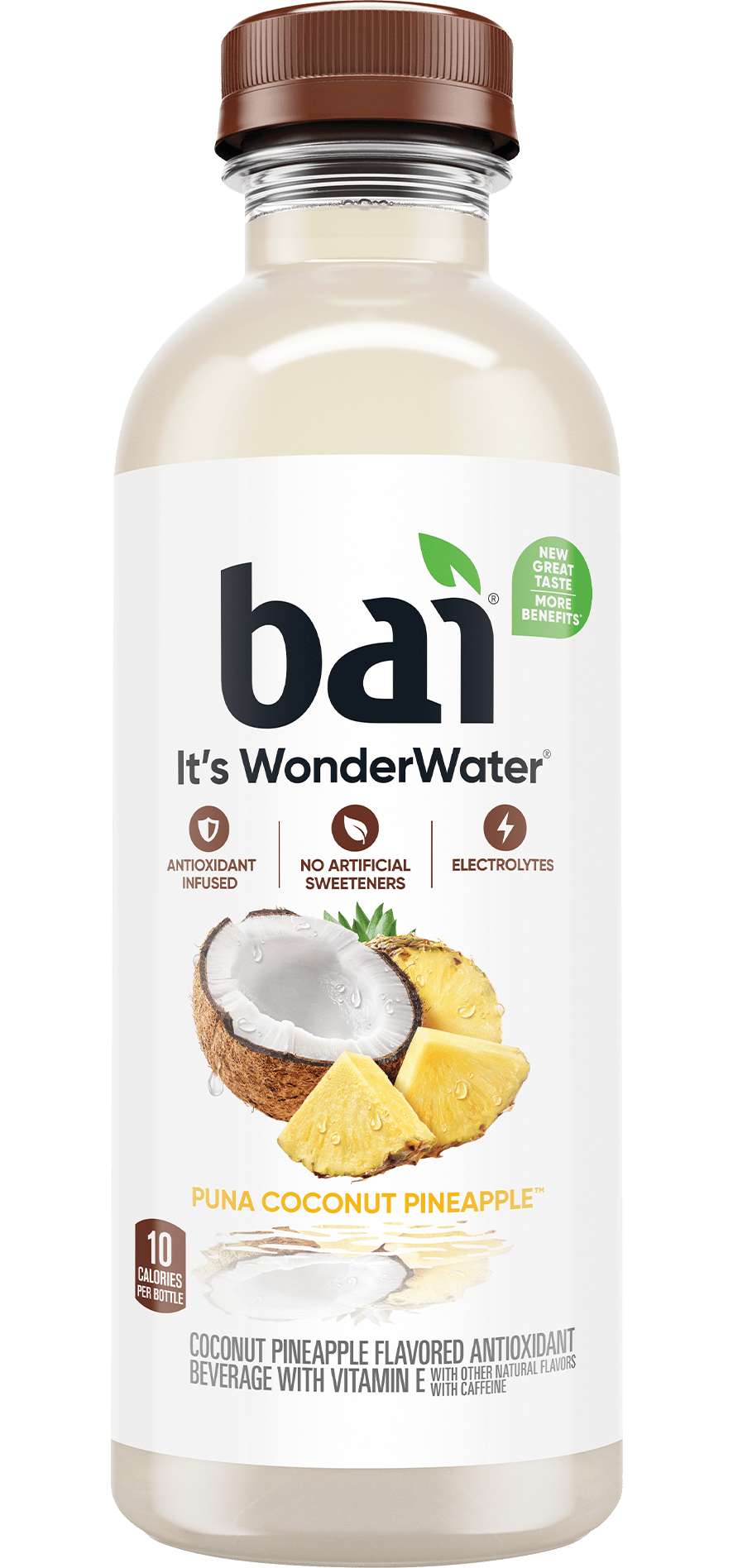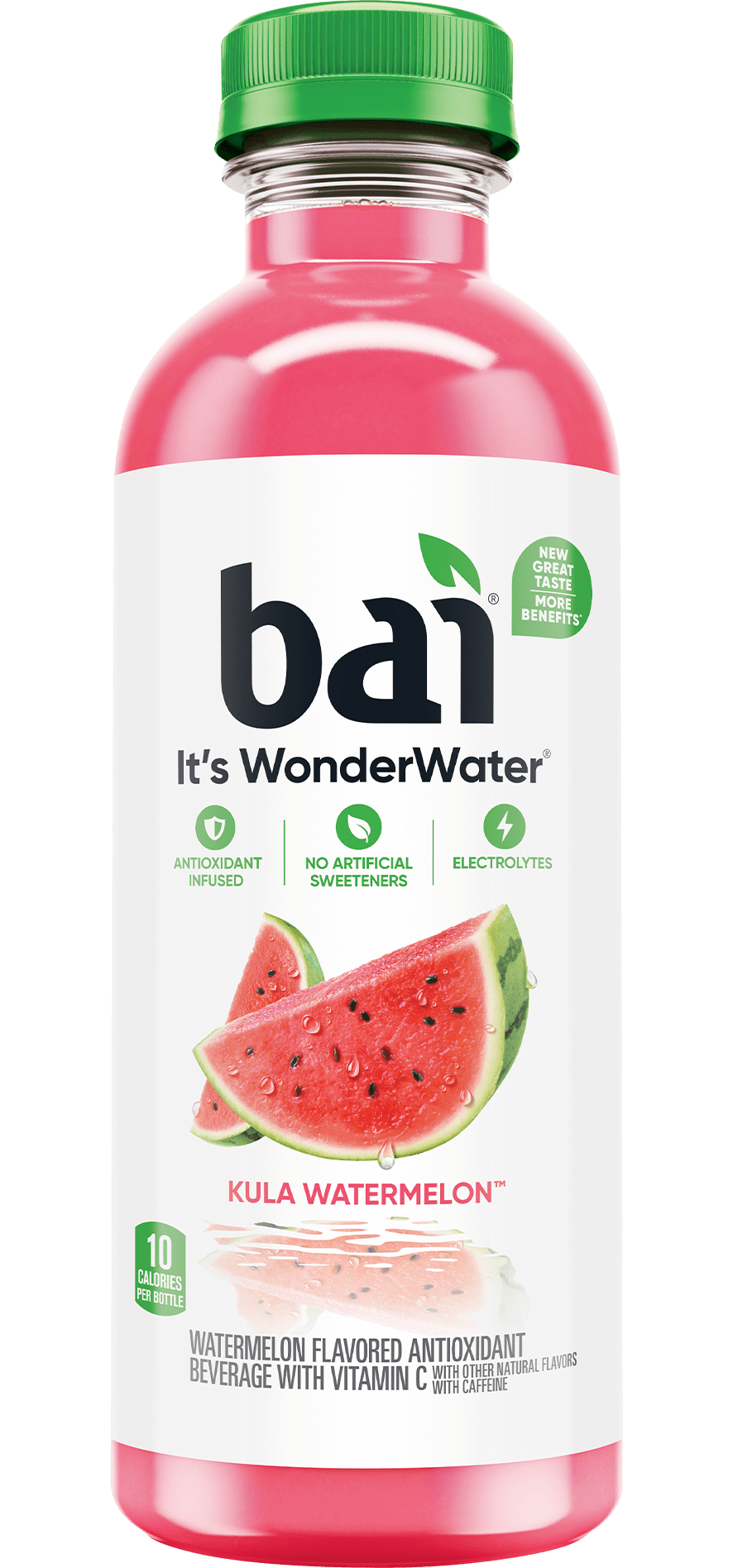Have you ever listened to an Adele song and just felt like crying? Or put on some old school rap and immediately began to smile and dance? When you study or do your homework, do you tend to concentrate better when you have Bach playing in the background? As it turns out there is an explanation behind why certain genres of music make you feel and think in different ways.
Music is all around you from the moment you wake up until you go to sleep. There are actually very few moments spent in silence. Here are a few scientifically proven ways to uplift your mood and relax with music.
Change Your Music, Change Your Mood
When you’re feeling sad or are in a bad mood, your first instinct may be to put on depressing music and let out a good cry. However, scientists at the University of Missouri have found that you can improve your mood just by changing the tone of your music. Uplifting beats can have a major impact on your overall happiness which “relates to a higher probability of socially beneficial behavior, better physical heath, higher income, and greater relationship satisfaction.” Sounds good to us!
While everyone has a personal preference in their favorite type of music, studies have shown that despite your tastes, certain genres of music might determine what type of mood you’ll be in. For example, in one study “grunge music led to significant increases in hostility, sadness, tension, and fatigue” even in the teenagers who said they liked it. In another study, college students reported that “pop, rock, oldies, and classical music helped them feel happier and more optimistic, friendly, relaxed, and calm.” There are a lot of factors that go into improving your mood through music, so it is important to learn what helps you out specifically. One way you can do this is by writing down how certain types of music made you feel. Did that Justin Bieber song cause you to get up and dance? Write down that the Biebs is your feel-good music. Try it out with several different types of songs to figure out the perfect playlist for you.
Music Therapy
Other than improving your happiness, music can also be used in many different ways, including getting you to relax – think of those calming sounds in your afternoon Yoga class. In fact, getting patients to relax during treatments is one of many ways that music has been incorporated into the health industry as a therapeutic tool.
According to the American Music Therapy Association, music therapy is “an established health profession in which music is used within a therapeutic relationship to address physical, emotional, cognitive, and social needs of individuals.” Music does not just provide patients with a way to relax and improve their mood, but can help patients communicate, express their feelings, and overcome physical problems. This type of therapy isn’t something new either. Music therapy has been used for centuries with written references as early as 1789, however it didn’t gain support until the early 1900’s. It has been used in everything from improving moods in depressed patients to helping deal with the pains of treatments. With music being used medically for so long, it is no wonder that the music therapy profession is becoming more popular in the health care industry. If you’re curious about how to become more involved with music therapy, check out the American Music Therapy Association. Here, you can find music therapists for your own needs, learn more about the profession, and see in more detail how music is being used as a tool to help patients.
Music is one of the oldest, longest living traditions in the World. Despite changes in sounds, tastes and rhythms, we as humans have found a way to incorporate music in everything we do. No matter what our mood, life goal, or circumstance, music will always be there to help lift our spirits and change our thinking. It can be used to help cure an illness or to get your friends singing on that long car ride to the mall. Whatever you use music for, be sure to start taking notice of which genres lift you up or bring you down, and then cognitively use that knowledge to improve your mood.


